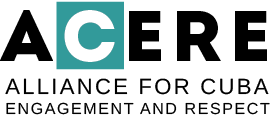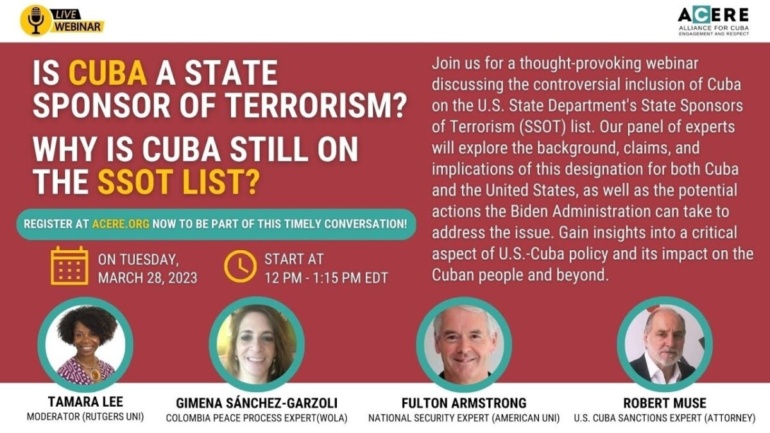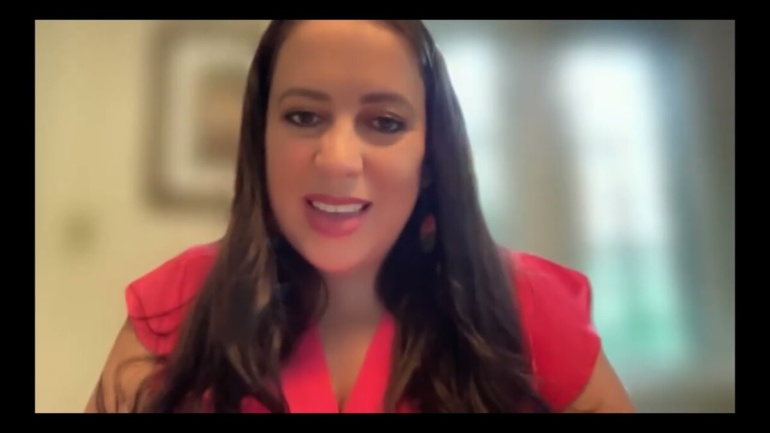ACERE Webinar: Public Opinion on Cuba Policy, Recent Polling and the U.S. Presidential Elections: Are elections in Florida preventing the Biden administration from shifting its Cuba policy? Can Cuban-American voters in South Florida truly swing election results in the state—or in the country? Since 1960, perceived electoral pressure from the Cuban-American community in Miami has distorted U.S. foreign policy toward Cuba, in many cases undermining U.S. national security interests and impeding tangible results on human rights. In this briefing, leading scholars discussed the most recent polling on what Cuban Americans in Miami-Dade County—as well as voters in key battleground states—think of Cuba policy. Panelists analyzed the findings of new reports from Florida International University, the Institute for Global Affairs and the Quincy Institute to examine why the next U.S. president may have little to lose domestically by adopting a policy of engagement with Cuba. We heard from Guillermo Grenier, Professor of Sociology at Florida International University and Co-Director of the 2024 FIU Cuba Poll; William LeoGrande, Professor of Government and Associate Vice Provost at American University; and Ernesto Dominguez, Visiting Professor at Stanford University’s Center for Latin American Studies and Professor of the University of Havana. The conversation was moderated by Jorge Quintana, Attorney and Former Vice Chair of the DNC’s Hispanic Caucus. This conversation dissected new data and drew key conclusions about what Cuban Americans in Florida and voters in crucial swing states think about U.S. policy toward Cuba, as well as why modernizing Cuba policy could have diminishing electoral costs, serve to advance U.S. national security and human rights in Cuba, and mobilize diverse voting blocs in Florida and beyond.



